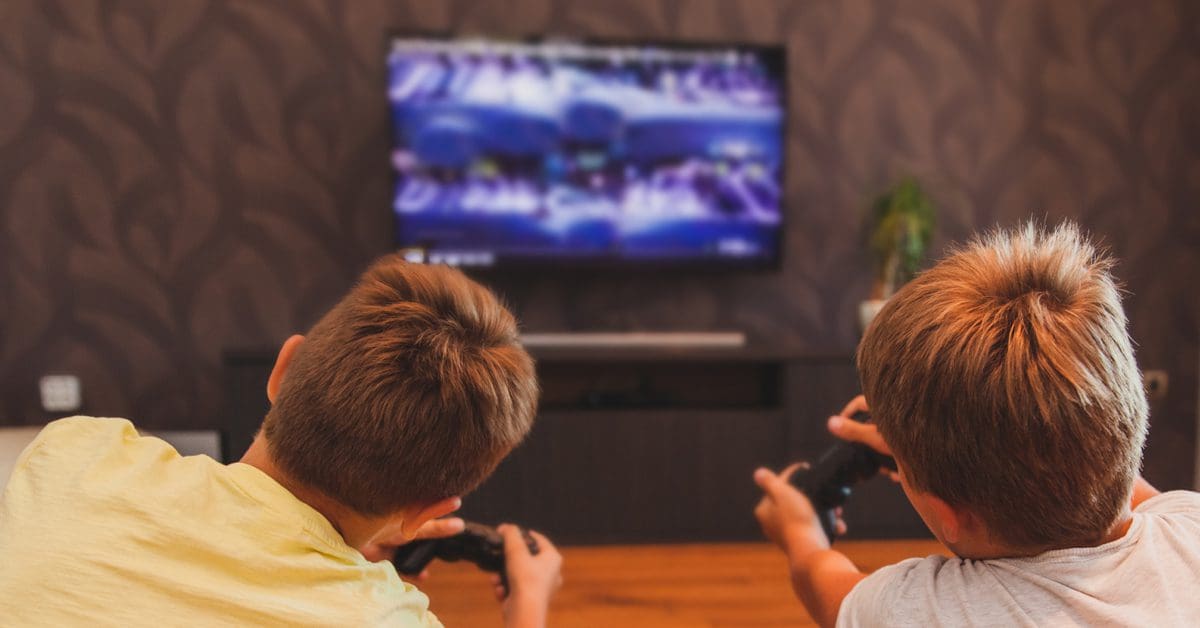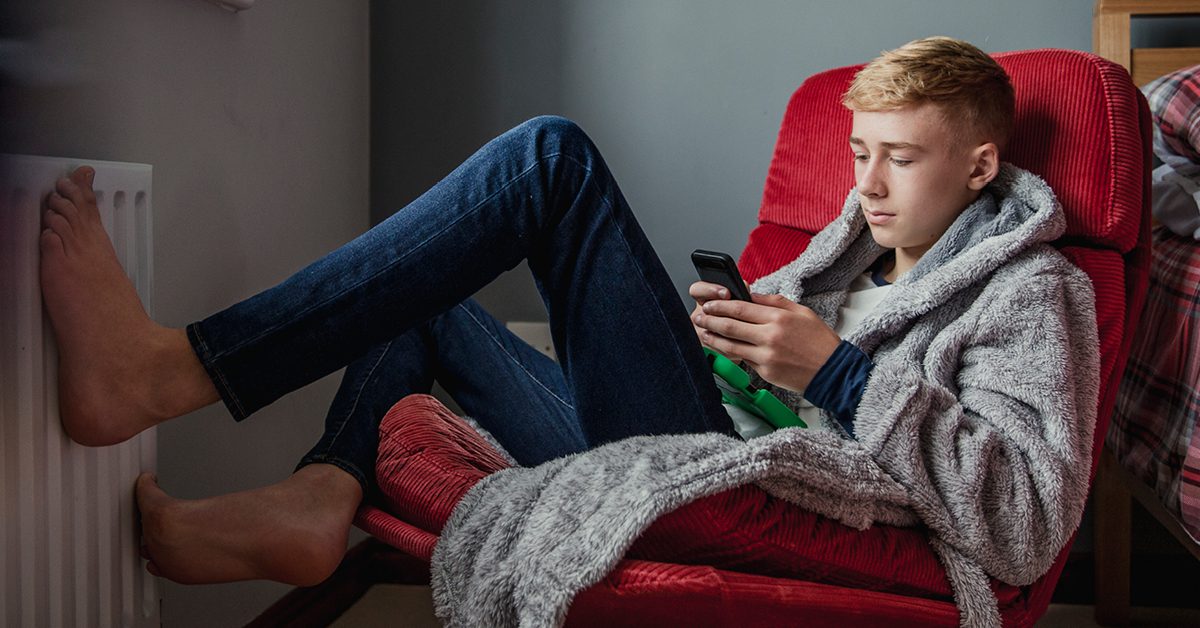WANT EVEN MORE HEALTHY IDEAS FROM SHAPE YOUR FUTURE?
Kids spend a lot of time in front of screens. According to the American Academy of Child & Adolescent Psychiatry, children ages 8-12 spend an average of 4-6 hours a day in front of computers, gaming consoles, tablets and TV screens. Teens spend even more time with technology, averaging 9 hours per day.
Digital devices offer entertainment, education and communication, but too much time in front of screens may lead to problems.
Research shows screen time impacts our kids’ health. Too much can lead to:
- Shorter attention spans
- Poor social skills
- Difficulty sleeping
- Behavior problems
- Vision problems
- An inactive lifestyle
- Obesity
- Less time for play
Monitoring screen time can be difficult. Parents may not always know what their children are viewing or how much time they spend with screens. Plus, it can be hard to set limits when kids constantly ask to watch their favorite show or play on their devices.
Here are some practical tips for limiting screen time for kids and winning the screen time battle.

1. Turn Off the TV When You’re Not Watching
Many people use the TV for background noise as they go about their day. It’s easy to get drawn into a show without even thinking about it. Kids are more likely to play and use their imagination when the TV is not a temptation.

2. Set Limits for Screen Time
Kids like to know what’s happening next. Use this to your advantage as you set boundaries for screens ahead of time.
You might say your child can use their tablet for one hour a day during the summer or only on road trips. Alternatively, you could decide your family will only watch TV on weekends, after finishing chores or a set amount of time per week.
When kids know what to expect, they are less likely to get upset.

3. Make the Timer the Bad Guy
Use a timer to enforce screen-time limits. If you tell a child they can use their game console for an hour, set a timer where they can see it.
As the timer goes off, you can say: “I hear our timer. That means it’s time to go outside to play.”
With this technique, it’s the timer, not the parent creating the transition away from screen time.

4. Keep Electronics Out of the Bedroom
Have children use their device(s) in a common area of your home. This makes it easier to monitor what your child or teen is watching and how much time they are spending on screens.
Plus, this also reduces the chance your child will fall asleep watching TV, scrolling social media or playing on their tablet. Studies show the blue light emitted by electronic devices can interfere with sleep. Learn more by reading How To Unlock Your Best Sleep Yet.

5. Table Technology
Turn off the TV when you eat. Set tech aside and make mealtime a chance to connect. Set an example by silencing your phone and keeping it off the table.Starting a conversation with toddlers or teens can be especially tough. Try asking specific questions like:
- “Who did you eat lunch with?”
- “What are you looking forward to this week?”
If work and activity schedules make dinner difficult, try breakfast before school or lunch on the weekend.
Want more ideas? Check out this blog: 5 Ways to Make Family Mealtime Fun

6. Make a List of Screen Time Alternatives
As a parent or caregiver, there are times when you need your kiddos to be occupied so you can fold laundry, check an email or prep dinner.
Make a list of age-appropriate activities your child can do without much prep or mess.
Ideas for independent play:
- Color
- Read
- Build a blanket fort
- Create an indoor obstacle course
- Have a picnic in the backyard
- Play a board game with a sibling
- Build with blocks
- Make a stuffed-animal zoo
- Have a talent show
- Bang pots and pans
- Play with a favorite toy
When you need to get something done, help your child choose an activity from the list. If you have a child who is reluctant to play, try offering to do an activity together once you are finished with your task. For example, you might say, “If you can build blocks until I put the groceries away, we can go to the park when I’m done.”
Finding what tips for limiting screen time for kids for your family can help you manage screen time without a fight. With less screen time, we have more time to get outside and be active, get better sleep and live healthier.
Want more tips for healthy living? Head to ShapeYourFutureOK.com for fun ideas, great recipes and more.




